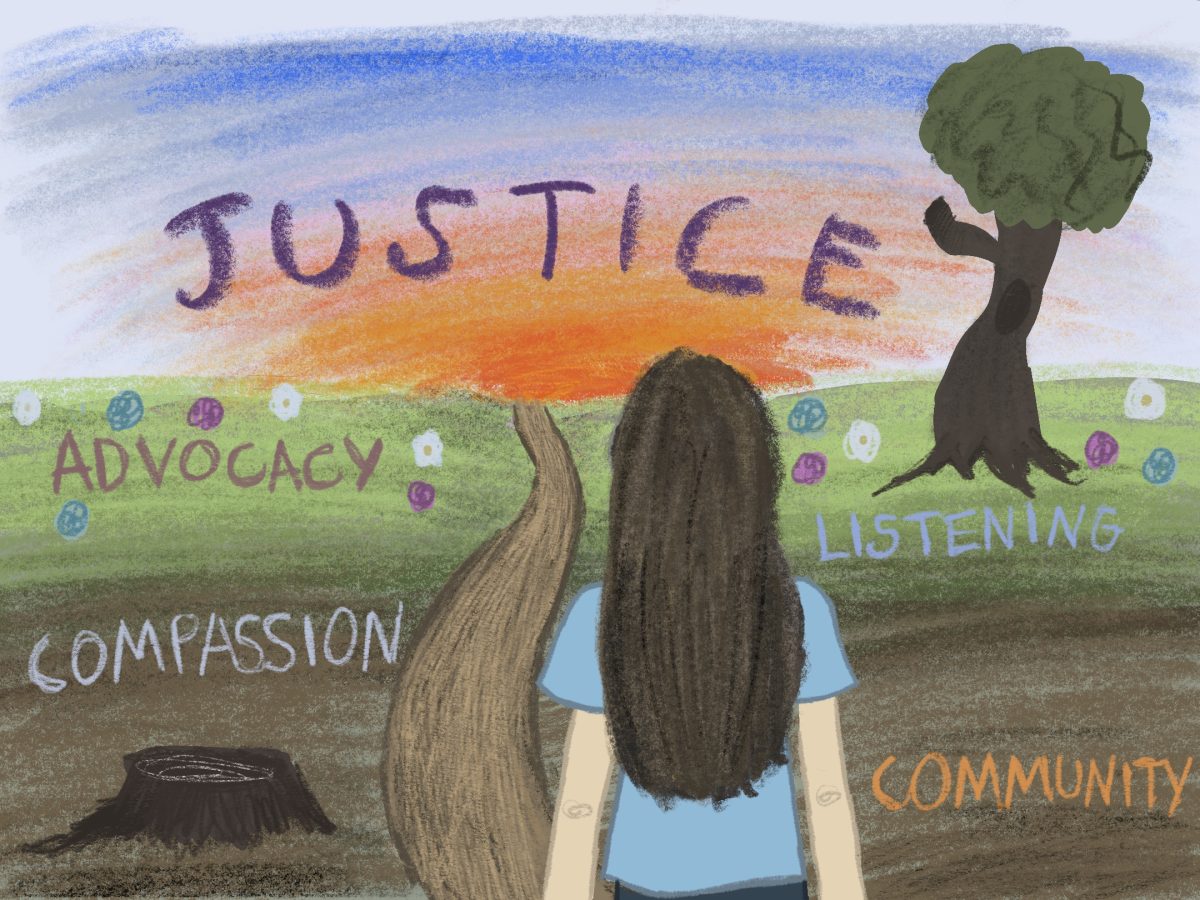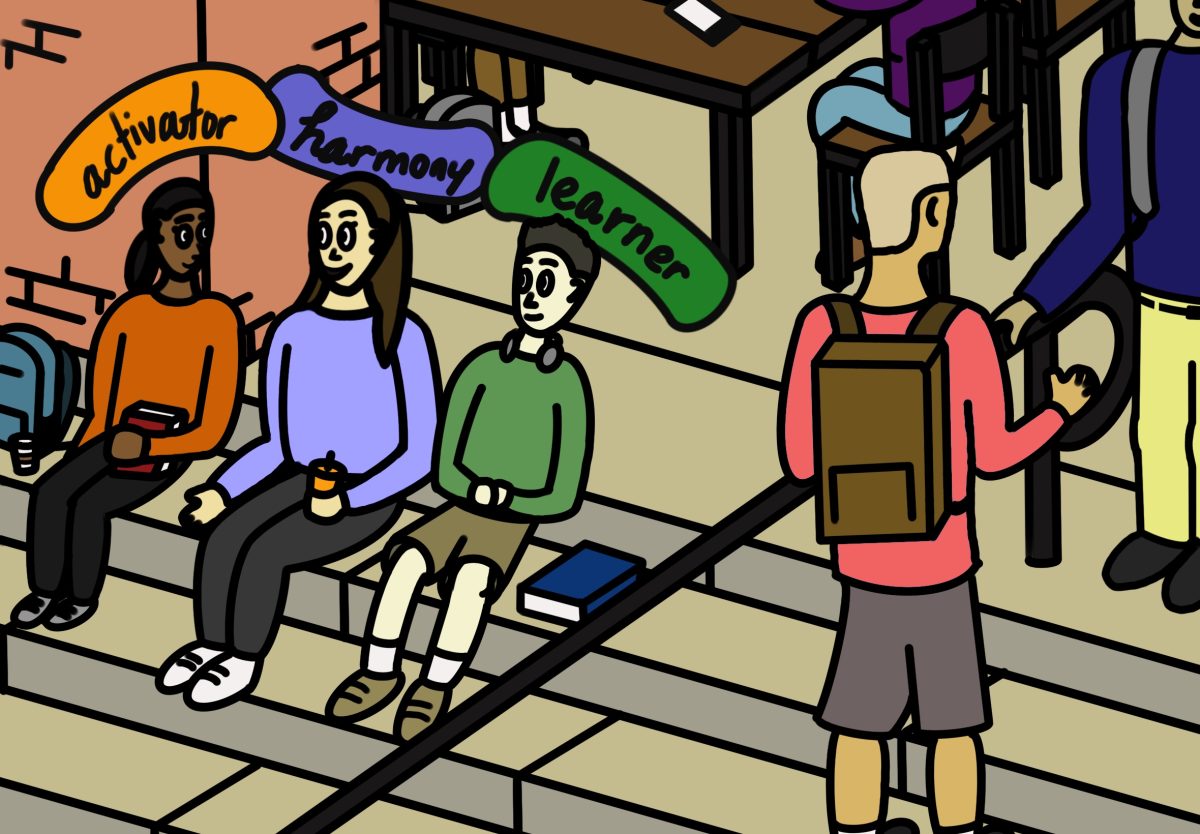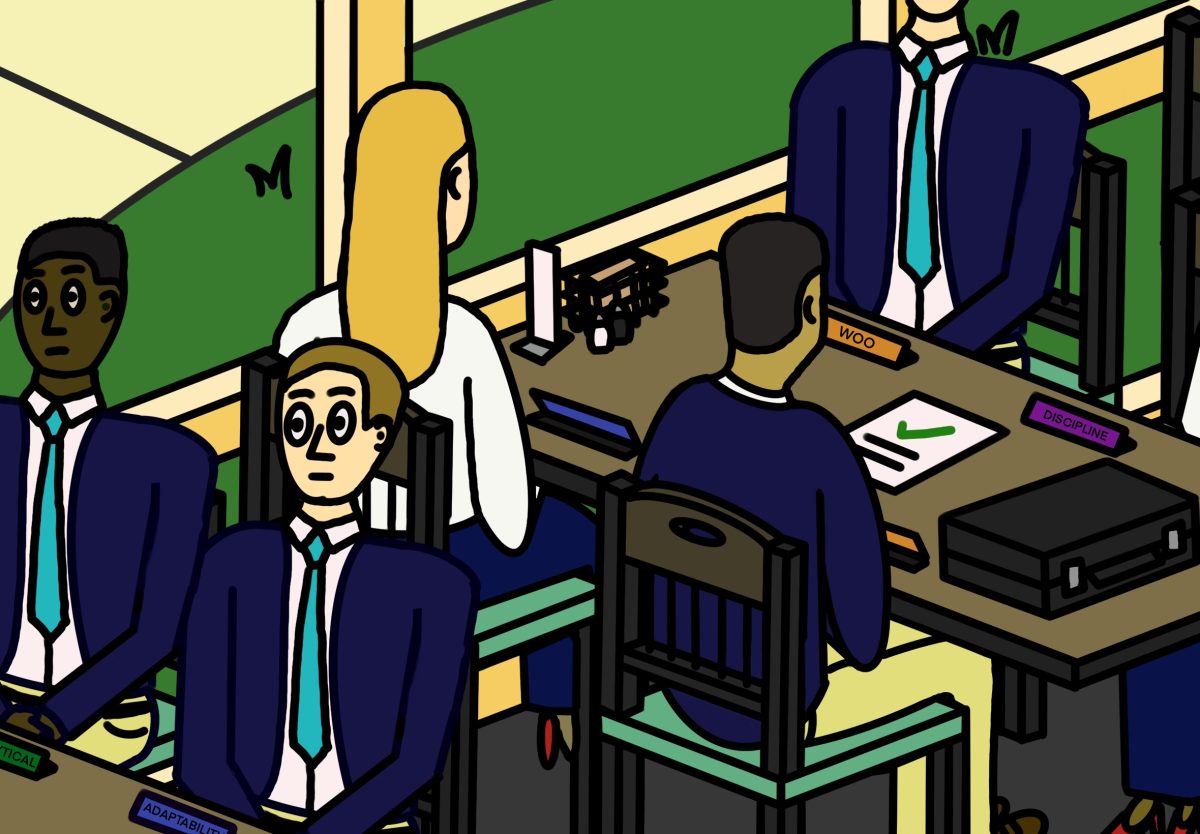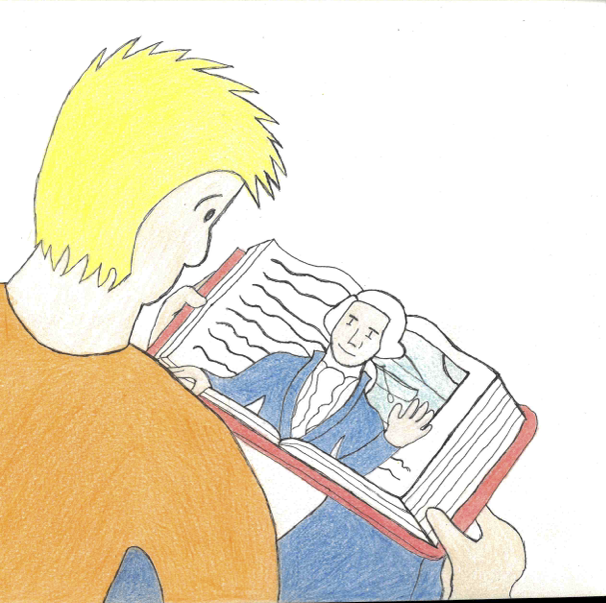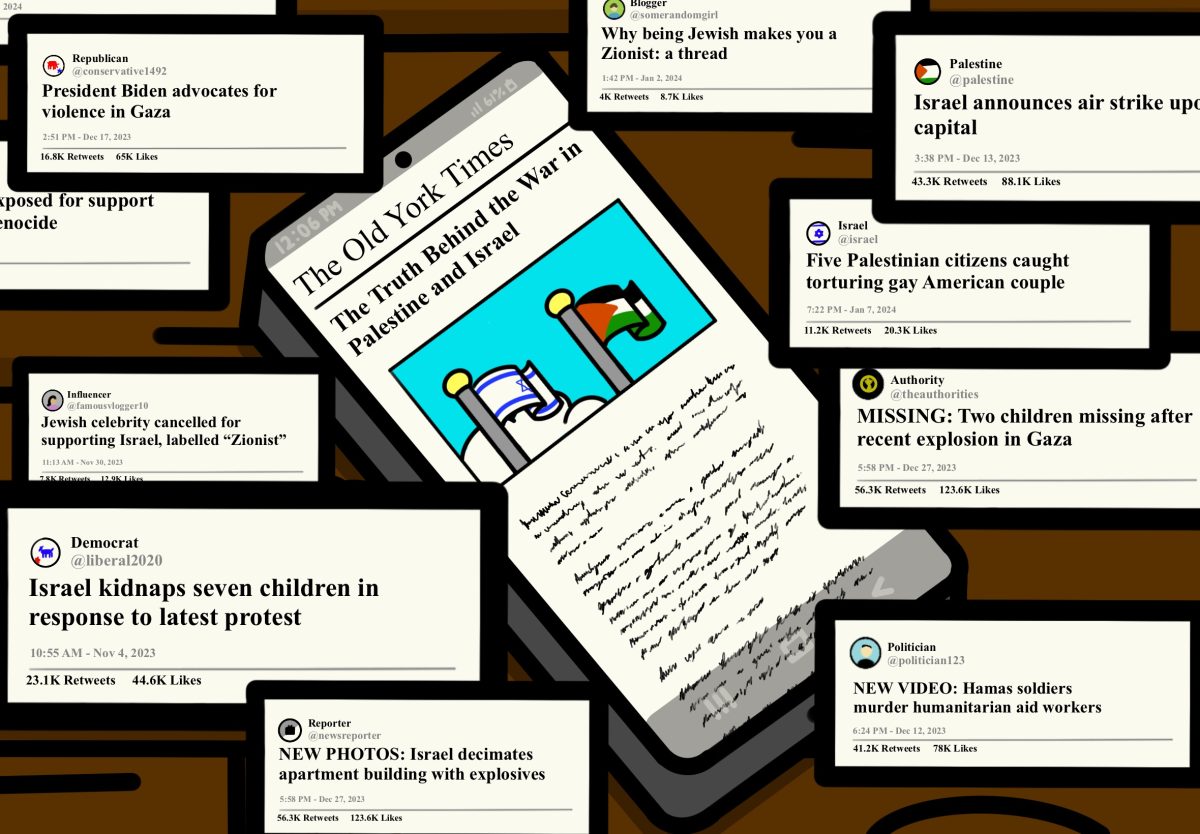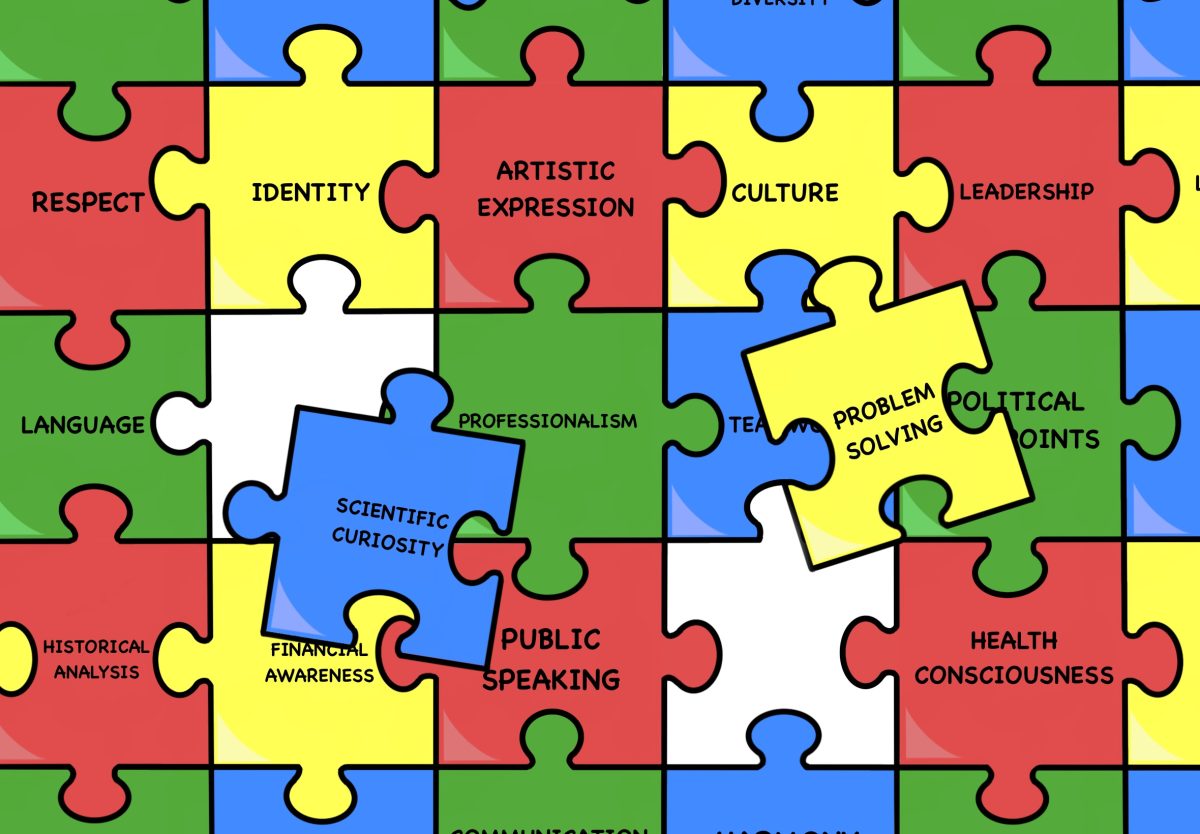Controversy surrounds President Obama’s recent statement regarding the origin of the small business: “If you’ve got a business—you didn’t build that. Somebody else made that happen…”
The disagreement created by this comment, centered on the role of government in the lives of businesses and individuals, seems to point to an even greater debate: the reality of the American Dream.
Both the Republican and Democratic Conventions were filled with powerful testimonies describing success and achievement. Citizens and politicians of various backgrounds and opinions all shared stories of hard work and dedication, cases in which American Dreams came true.
My grandfather can tell a similar story. Growing up on a small farm in Virginia, my grandfather struggled and succeeded in becoming a very successful banker. Marrying my grandmother when he was 19, they both worked minimum-wage jobs until my grandfather could attend college at UVA, all while raising two children.
My grandfather’s story ends happily, but his accomplishments are not representative of the American experience in all circumstances. In many ways, the question is not what personal and individual qualities contribute to individual stories of success.
The question we should ask is whether these sorts of opportunities are available for all people who are willing and able to work hard. Is the equal opportunity for advancement really given to every citizen? Or is an individual’s failure always the result of his or her own inadequacy?
This past summer, I went on a mission trip with my youth group to the Lincoln Heights neighborhood of Washington, D.C. We spend the first night in a church in picture-perfect Alexandria before making the drive across D.C. for our first workday. It was not until we pulled onto the first Lincoln Heights street that we realized how sheltered we had been in our cheery mountain hometown.
Upon arrival, two work groups were established. While one group went to volunteer at a summer day camp for local elementary children, my group was assigned to work on the streets. Within the maze of dilapidated buildings, scattered glass, police cameras, and barred windows, we could feel the palpable despair.
Perhaps most telling of all were the words from the future leaders of that community. The second group on our trip held a discussion with a fourth grade class after a day spent learning about personal and community pride. One child said, “Once you’re in the ghetto, there’s no leavin’ the ghetto.” This, mere miles from our nation’s centers of power.
Can we really say that these children have access to equal rights and opportunities? How can they be expected to pull themselves off the street, bootstraps and all, if they are fighting against a society blind to their struggles, and a school system that selects against underprivileged students? For the present, their future consists of living and dying in poverty never being told that they could achieve more. Is this, the America that we see as little as half a mile from this campus, the same America that we hear about from our local and nation leaders?
If we truly desire an America where success is the rule and not the exception, then we have to address the futures of these children and their families with more than just words. Equality of opportunity is not a phrase that we can take lightly, and should operate as a central goal of political policy.
The first step in correcting these social and institutional problems is to provide equal and adequate schooling, with an focus on students who do not receive support at home. We also have to recognize that most of us are all here at Furman, not because we are superior, but because we had supportive educators who nurtured our successes. Most importantly, we can never become so blind that we take for granted an American Dream that for many will never be a reality.



























